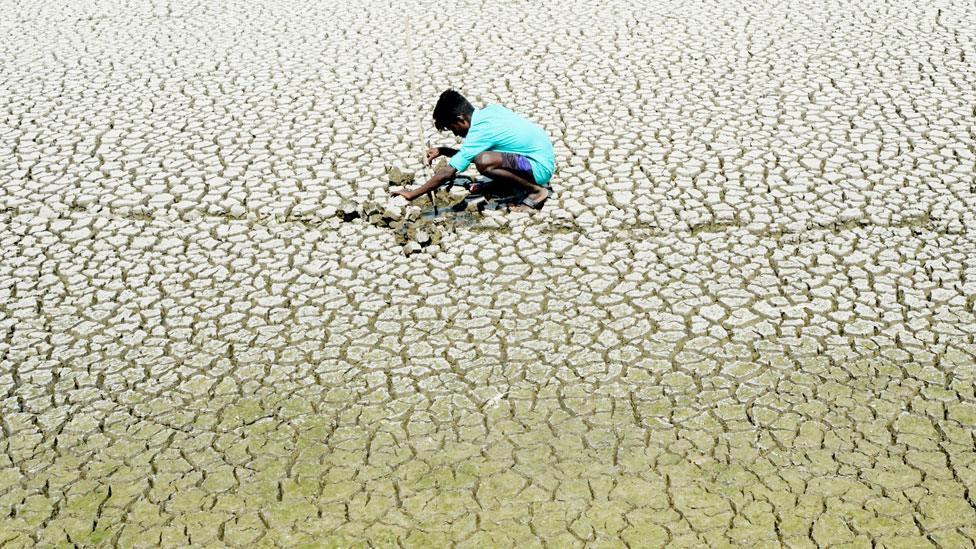Climate change: The challenges facing London
- Published
- comments
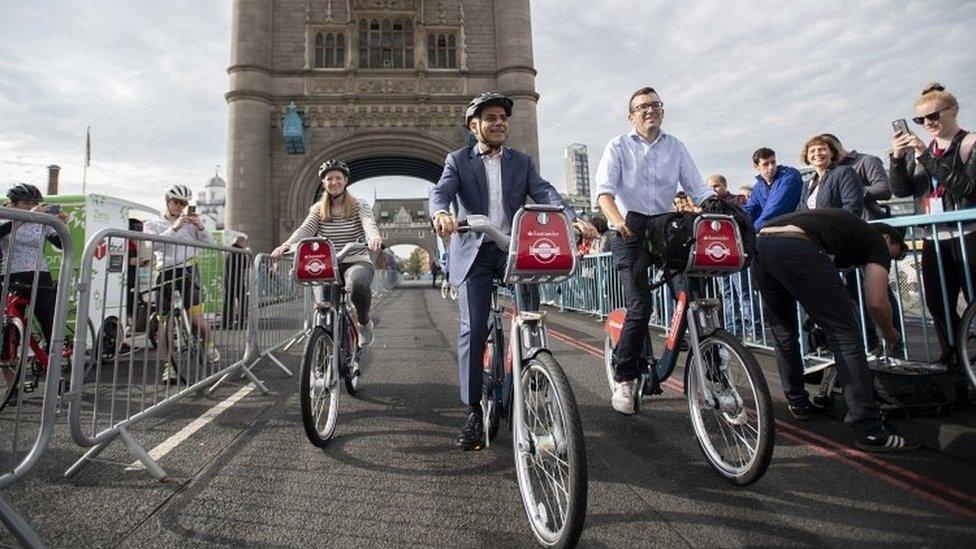
Sadiq Khan wants the capital to be carbon neutral by 2030
Figures show that out of every English region, London has the lowest carbon emissions per person, external.
In part that is due to high population density, extensive public transport and a comparative lack of heavy industry.
But there is a long way to go to cut London's emissions to net zero and there are significant challenges. (Net means some carbon emissions can be offset with planting trees, for example, but the total balances out to zero.)
The legal commitment from the government is to reach net zero carbon emissions by 2050.
Recently London Mayor Sadiq Khan brought the deadline to become carbon neutral forward for the capital from 2050 to 2030.
"Some say that a 2030 target isn't achievable but I say we can't afford not to try," he said.
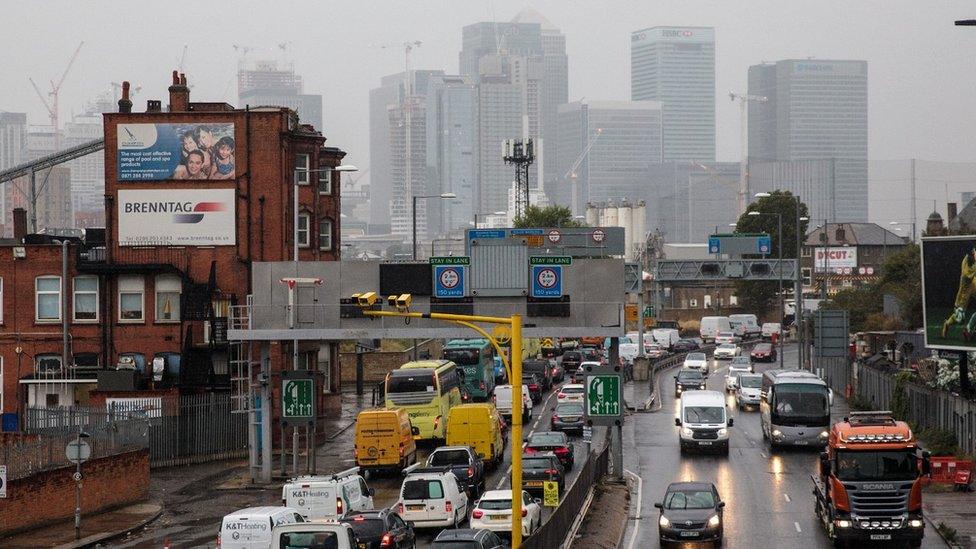
Globally, according to scientists at Imperial College, household consumption accounts for almost three quarters of greenhouse gases, external, which scientists say is causing temperatures to rise.
So what can policy makers do to bring about behaviour change?
In London, the mayor's 2018 environment strategy is very clear - without more action from the government or the devolution of more powers, the capital will not be able to get to net zero.
And there is a frank admission in the strategy about getting to net zero by 2050: "London is not yet on track to reduce its emissions quickly enough to avoid the worst impacts of climate change, or to meet national and international climate aims."
So what are these challenges?
Diet
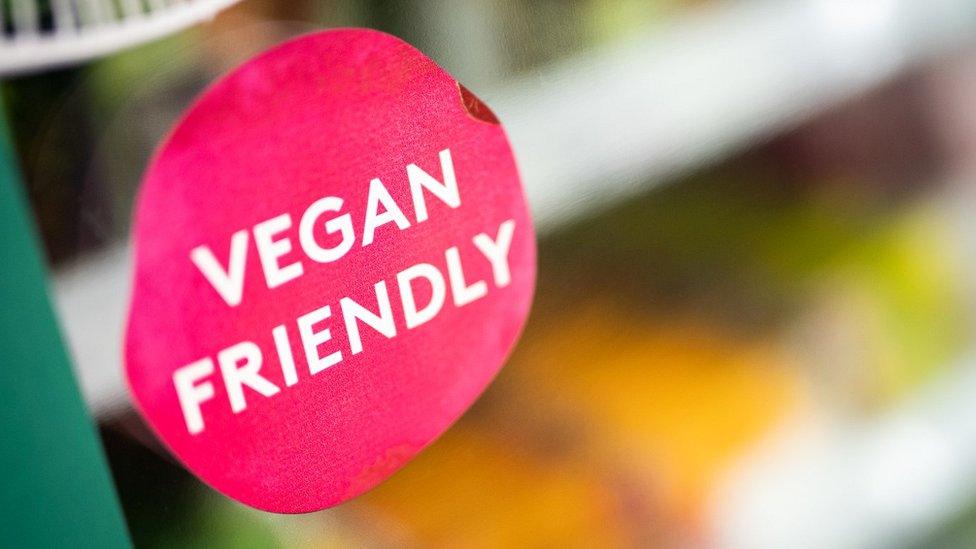
Experts say diet has been a "neglected" climate policy and it does seem to have fallen through the gaps. Historically politicians have been very reticent to lecture people on eating less meat.
But in the UK, food accounts for a large chunk of a household's carbon footprint.
And food from animals uses more resources than food from plants.
So scientists say we should be moving to a lower carbon, plant-based diet.
Ideas to help this include carbon labelling to tell us the environmental impact of what we are eating. Also, some experts say the prices of high-carbon food should be increased.

You may also be interested in:

So is there public policy to match this ambition? At the moment some say it is lacking.
The Committee for Climate Change has called for the need to improve leadership and co-ordination, external over the UK climate policy implementation.
The mayor has signed London up to the international cities group C40 dietary agreement, external.
This does actually support an increase of more healthy plant-based food consumption but diet isn't mentioned at all in the mayor's environment strategy.
A policy vacuum doesn't mean things aren't changing with retail sales of vegan and vegetarianism products increasing.
A range of reasons are usually quoted including weight management, animal welfare and environmental concerns.
Nonetheless, Friends of the Earth has previously called the lack of political leadership on diet change "a dereliction of duty".
The Department for Environment, Food and Rural Affairs (Defra) is now carrying out a review of the National Food Strategy, external.
It will look at: "How we can further address the challenges of a changing climate and continue to deliver safe, healthy, affordable food now and for generations to come. While food choices can have an impact on greenhouse gas emissions, well-managed livestock provide environmental benefits such as supporting biodiversity, protecting the character of the countryside and generating important income for rural communities."
Energy
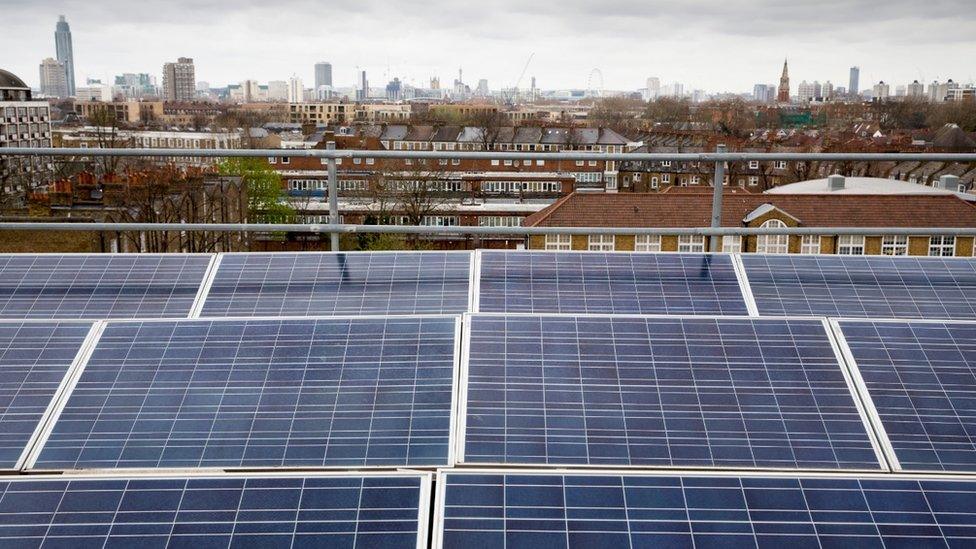
The Committee on Climate Change says: "UK homes are not fit for the future"
And the task in London is huge. According to The Association for Decentralised Energy, London needs to retrofit and better insulate 2.9 million homes and it is falling behind that target, external.
Since 2016, the mayor has helped 35,200 homes to become more efficient. It includes:
26,800 homes that have been retrofitted with insulation
4,170 inefficient boilers have been replaced and repaired
Solar panels have been installed on 620 homes.
City Hall also provides advice to boroughs and housing associations on retrofitting buildings to reduce their carbon footprint and increase efficiency.
Another issue is 60% of London's homes are solid walled, which makes them more expensive and challenging to retrofit.
London also wants to introduce more local decentralised energy sources. By 2030 the mayor wants the city wide deployment of low carbon heating systems like air source heat pumps, external.
But how that will happen isn't clear. And the biggest issue is gas, which according to the mayor contributes 30% of the capital's total emissions, mostly to heat buildings.
As the mayor's latest environment strategy says: "London's zero carbon scenario is intrinsically linked to the decarbonisation of the UK's electricity and gas grids."
Without the decarbonisation of the gas networks and switching to renewable energy sources and greener gas like hydrogen, London cannot be net zero and mayoral powers alone will not upgrade London's housing stock.
The mayor's strategy is very clear: "Without further action to support decarbonisation at a national level, London is expected to reach up to 35% reduction on 1990 levels during the first budget period.
"The remaining reduction must be met through new policies at the national level to deliver on the ambitions of the Clean Growth Strategy, external, such as increased support for minimum energy efficiency standards. "
Waste
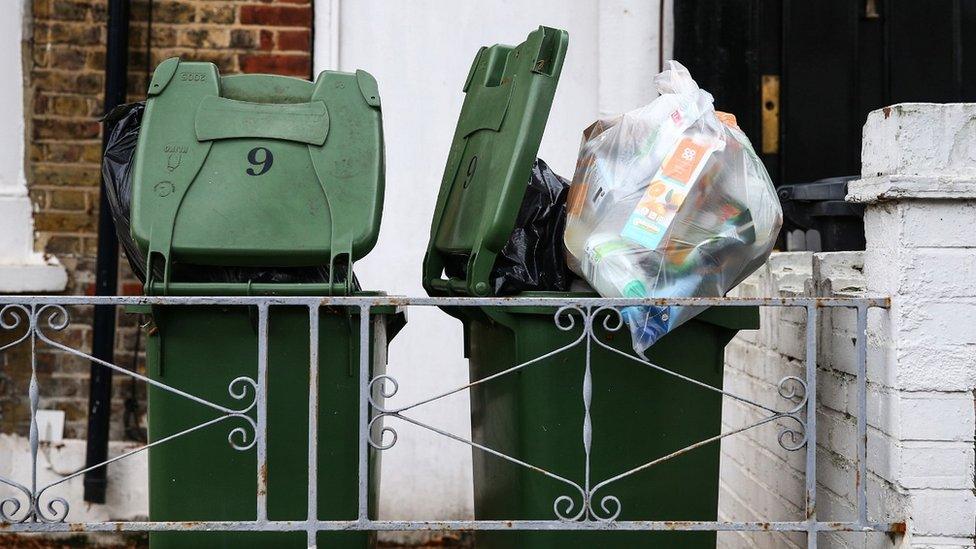
London produces seven million tonnes of rubbish each year and, according to the mayor, 41% of that is recycled. The target is 65% by 2030. And by 2026, no biodegradable or recyclable waste will be sent to landfill, external.
One barrier in London, is that there is a patchwork of boroughs, meaning different areas have different recycling schemes and the mayor has no statutory responsibility for waste.
Also 14% of all food purchased in the UK is thrown away. Experts say all households should have access to a weekly collection of food waste - at the moment that doesn't happen.
The mayor has promoted refilling water bottles but arguably his main influence is helping London's boroughs set targets for recycling.
These include a weekly food waste collection and also a collection of the six main recycling materials - glass, cans, paper, card, plastic bottles and mixed plastics. They should also provide this to flats when possible.
So far out of the 33 local authorities, 20 plans are being assessed by the mayor. But even City Hall concedes the current system can be "confusing for residents" which is far from ideal.
Caroline Russell from the Greens on the London Assembly, says the mayor should be asking to take complete control of London's waste.
Transport
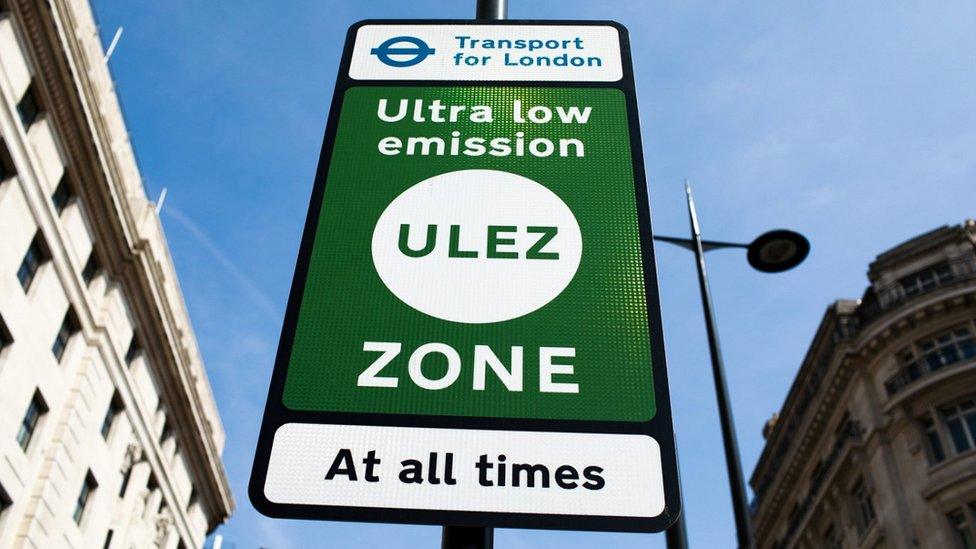
We are currently in a period of decarbonising the transport system.
The mayor wants a move away from car use and is trying to encourage more cycling and walking. He calls it Healthy Streets, external which attempts to remove vehicles from some neighbourhoods and make them more friendly for cycling and walking.
In London there has been some success with increased cycling numbers and the introduction of segregated cycle lanes, although cycling campaigners say the transition is not going fast enough, while other road users saying it is reducing capacity for them.
The current plan plan is for the bus fleet to be zero emissions by 2037 - that presumably will have to be sped up.
New diesel taxis are no longer being licensed. There is already the ultra low emission zone, external in central London - where more polluting vehicles pay - and that is set to expand wider. That will face opposition but the zone has cut pollution.
And that move away from emitting vehicles doesn't look like stopping - in the mayor's environment strategy there is a zero emission zone proposed for central London for 2025.
There are moves to install more charging points and encourage electric vehicles (EV). The mayor has helped install over 225 new rapid charge points so far, bringing London's total to over 300. There are about 1,500 slower charging point but many EV users say there are still not enough.
And while some transport is being decarbonised, the new SilvertownSilvertown Tunnel under the Thames has enraged local environmental campaigners who say it will just encourage car use. The mayor says it will eventually be inside the expanded ultra low emission zone and it will cut congestion at other tunnels.
Another area that scientists think has been neglected is air travel. International air travel emissions are not included in the net zero target. And 70% of UK flights are taken by just 15% of the population. Scientists want an air miles levy.
Also looming over London is the planned expansion of Heathrow. How that contributes to climate change targets will probably be decided in court.
Both Silvertown and Heathrow show how politics and carbon emission targets will collide over the coming decades.
Extreme Weather
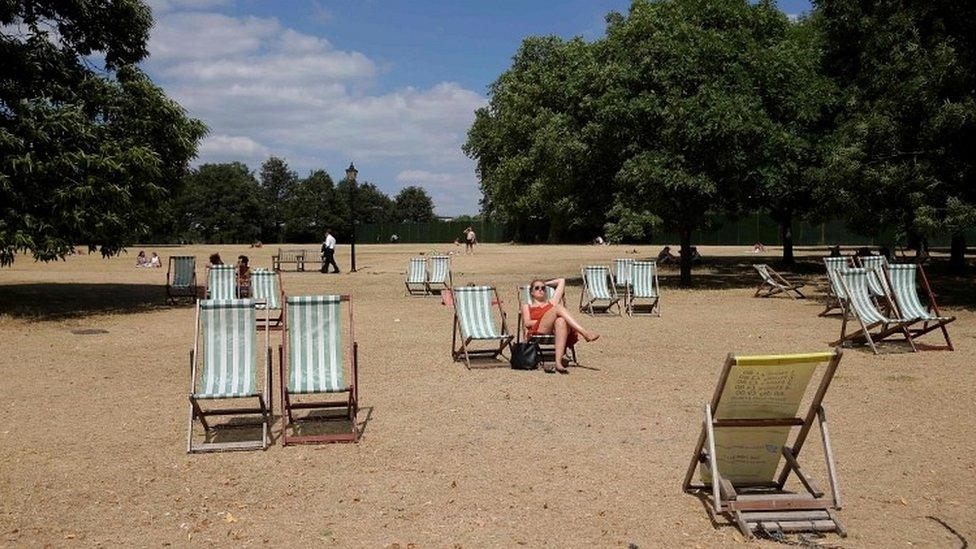
With climate change comes more extreme weather.
London has witnessed extreme heat and flooding recently. Experts say we need to develop cities that can cope. That means more trees that can cool the atmosphere and absorb water.
The capital has more than eight million trees - about 21% of the capital's land area. The aim is to increase the canopy by 10% by 2050. Environmentalists think it should be more ambitious.
Also buildings should be designed to be cool in extreme heat - for example being painted white or having indirect shade.
One of the main levers for this from the mayor is through The London Plan, external.
The mayor wants new developments to reduce the impact on the urban heat island by mitigating the use of concrete. There could also benchmarks in residential developments to include natural cooling through shade and ventilation.
But with more extreme weather predicted, will that be enough?
Individuals v organisations

There is also a wider question of how much action individuals should be taking to reduce their emissions, or should it be governments and corporations? Or should it be both and does one influence the other?
The biggest battle may be one of hearts and minds. Scientists at Imperial College London recently did some research for the Committee on Climate Change, external which advises the government.
In its report the experts at Imperial say the messaging must move away from households making small and easy changes and say "high-impact shifts in consumer behaviours and choices are needed".
It also adds: "Greater fairness, consistency and leadership in government policy is imperative to remove reasons for cynicism, apathy and rationalisations for inaction."
It said public engagement needed to be nurtured: "If the public are to become engaged with the climate challenge and contribute to achieving net-zero emissions then the wider policy context will also need to be more supportive."
In other words, if the government and the mayor wants all of us to be greener, their policies have to consistently do that too.
- Published21 January 2020
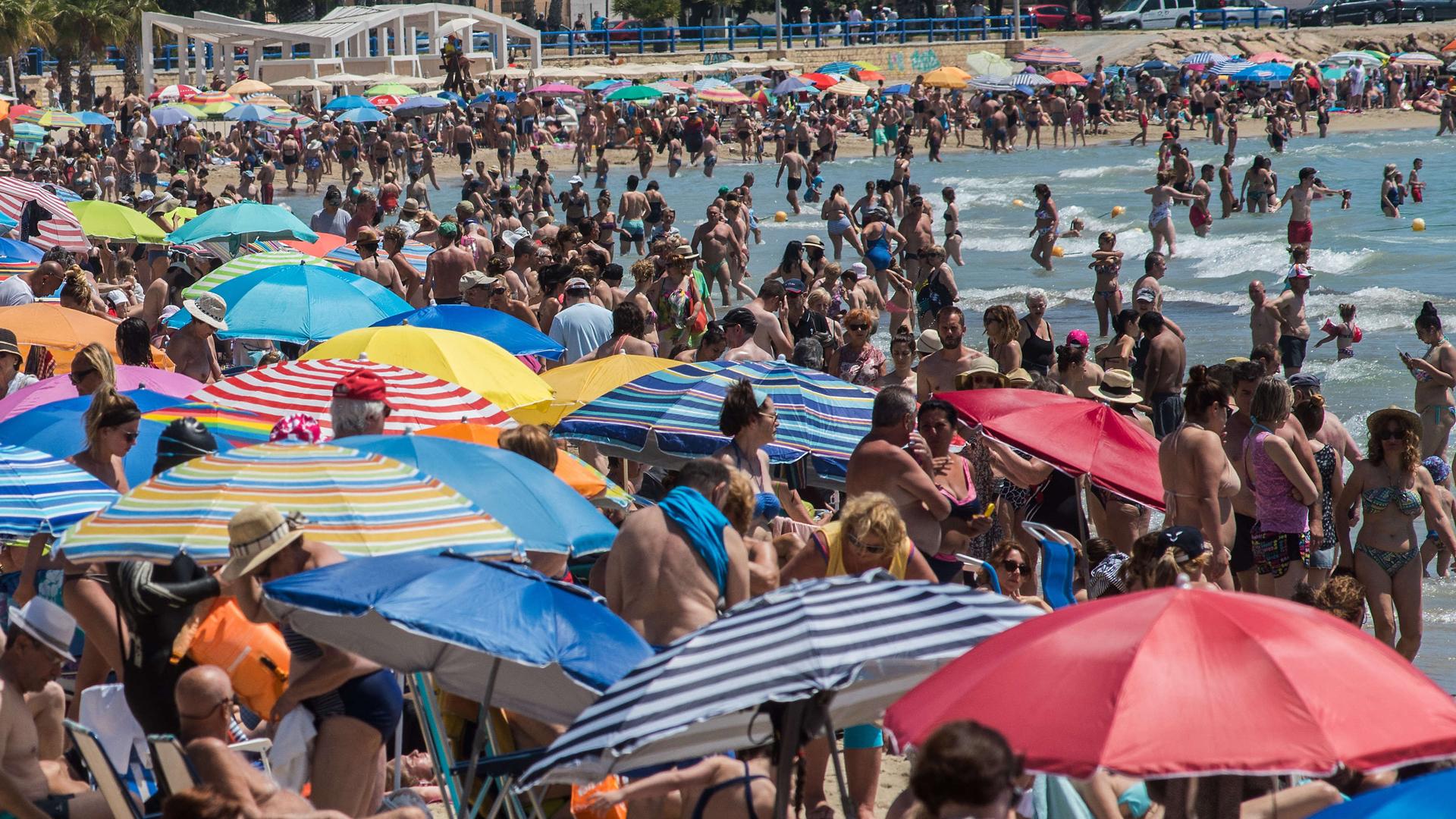
- Published16 January 2020
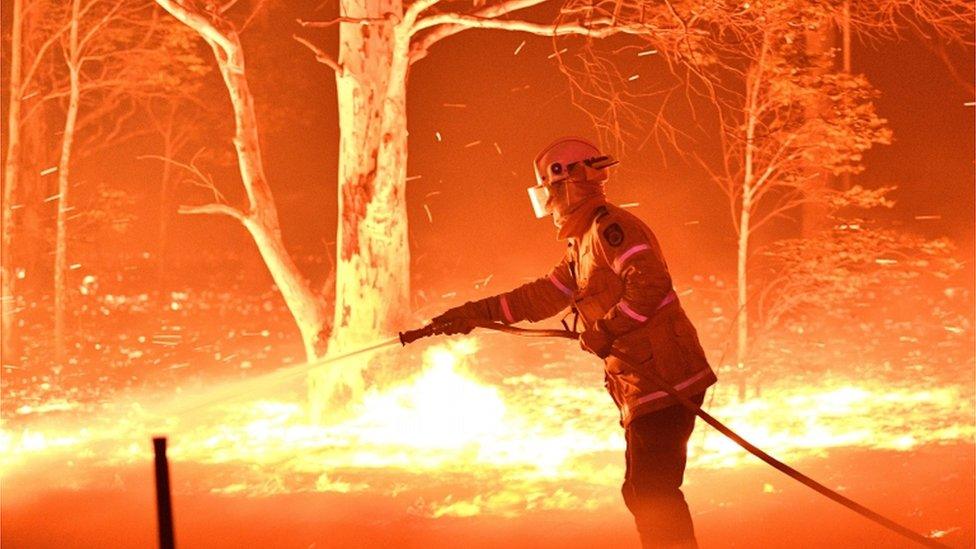
- Published16 January 2020
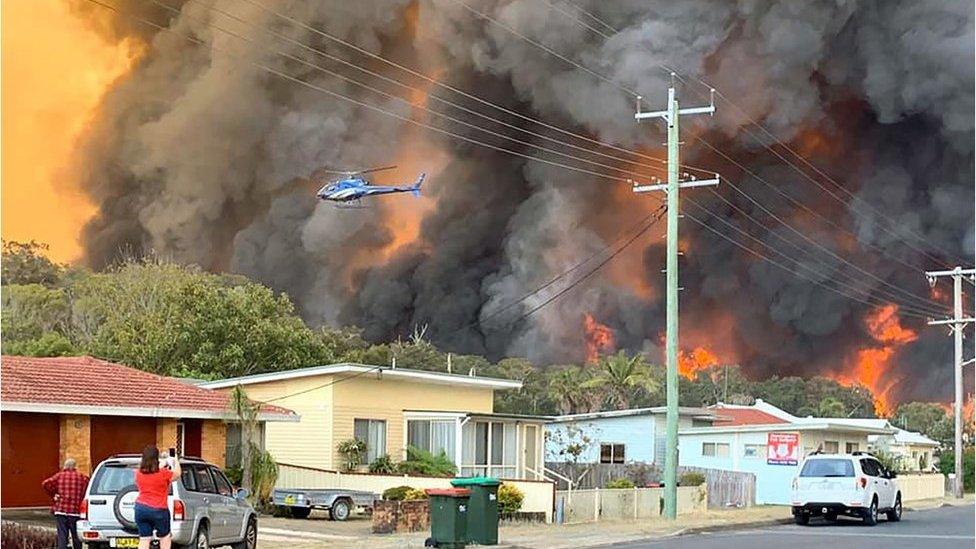
- Published14 January 2020
